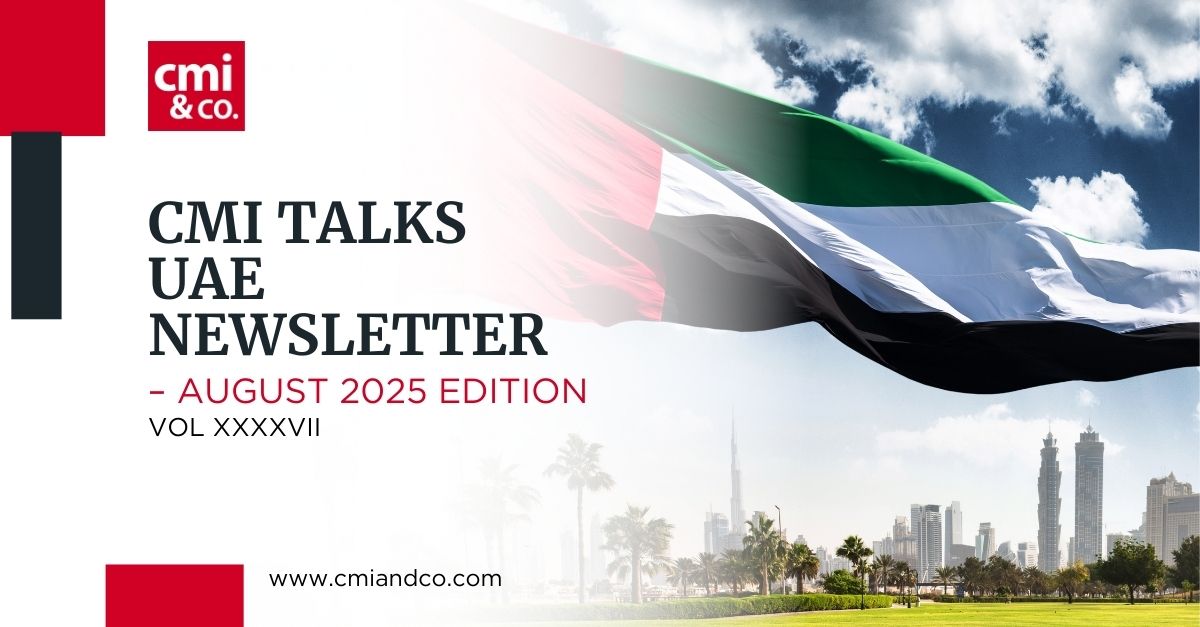Dubai Establishes Centre for Judicial Expertise to Enhance Accuracy and Efficiency
His Highness Sheikh Mohammed bin Rashid Al Maktoum, Vice President and Prime Minister of the UAE and Ruler of Dubai has issued a law establishing the Dubai Centre for Judicial Expertise (“Centre”) as a public institution affiliated with the Judicial Council in Dubai.
Key Takeaways
- The Centre will provide courts with accredited local and international experts, operating under unified standards for appointment, oversight, and evaluation.
- It aims to enhance the quality and efficiency of expert reports, thereby contributing to accurate rulings and expedited case resolution.
- The Centre will be governed by a Board of Directors chaired by the Director of Dubai Courts with members representing judicial and non-judicial entities with relevant expertise.
- It stipulates the formation of a Steering Committee to supervise the transfer of competencies and resources from Dubai Courts and the Rental Disputes Centre to the new Centre during a designated transitional period.
- The Centre may also utilise experts from government entities for specific assignments or engage global expert institutions where needed.
UAE Committee Unifies Judicial Principle on Arbitrator’s Signatures.
The UAE’s Federal – Local Judicial Principles Unification Authority (“Authority”) has issued a landmark decision under Decision No. 1 of 2025 confirming that arbitral awards are valid if signed by all arbitrators on the final page.
Key Takeaways
- The Dubai’s Court required that the arbitrators sign every page of an arbitration award for it to be valid whereas the Ras Al Khaimah and parts of Abu Dhabi Courts held that a signature on the final page is sufficient if it includes part of the reasoning.
- The Authority has resolved this conflict confirming that an arbitration award is valid and enforceable if signed by the arbitrators on the dispositive page alone.
- Courts across all Emirates, both federal and local, are now bound to follow this unified position.
- The ruling aligns UAE practice with global norms; many jurisdictions accept final page signatures when reasoning is included.
- The Authority held that this requirement is not mandated by the Federal Arbitration Law and that the absence of signatures on every page does not breach UAE public policy or the New York Convention.
- This approach protects arbitration from being undermined by technicalities, ensuring efficiency and enforceability.
Abu Dhabi launches specialized labour prosecution to protect worker’s rights.
His Highness Sheikh Mansour bin Zayed Al Nahyan, Vice President, Deputy Prime Minister, Chairman of the Presidential Court, and Chairman of the Abu Dhabi Judicial Department has issued a resolution to establish Abu Dhabi Labour Prosecution to oversee investigation and claims in cases related to labour and domestic workers.
Key Takeaways
- The Abu Dhabi Labour Prosecution will cover the entire Emirate including Abu Dhabi City, Al Ain and Al Dhafra region.
- The Abu Dhabi Labour Prosecution will focus on cases under Federal Law No. (33) of 2021 pertaining to the regulation of work relations, and by Federal Law No. (9) of 2022 concerning domestic workers within the geographical scope of Abu Dhabi.
- The prosecution will be led by a chief prosecutor supported by other prosecution members and a team of specialised staff.
- By creating such unit, Abu Dhabi is enhancing access to justice for workers and strengthening the emirate’s reputation for transparency and fairness.
- One of the key objectives of the Abu Dhabi Labour Prosecution is to expedite case resolution without compromising the fairness or thoroughness of judicial proceedings.
New Dubai Ejari Rules for property modification disclosures
The Dubai Land Department (“DLD”) has issued an important update requiring landlords to submit full details of any property modification before issuing or renewing an Ejari rental contract.
Key Takeaways:
- Property owners and landlords in Dubai who are renting out units – or plan to – must enter details of any changes they have made to the property to get their new ‘Ejari’ rental contracts.
- The new process applies essentially to ‘non-freehold’ property assets.
- Landlords must make sure the modifications are carried out when the property is vacant and not during the tenancy period.
- The update is closely tied to Dubai’s Smart Rental Index, which assigns star ratings to buildings based on their quality, maintenance, and amenities.
- The new Ejari compliance rule signals Dubai’s ongoing transformation into a fully regulated, data-driven rental market.



